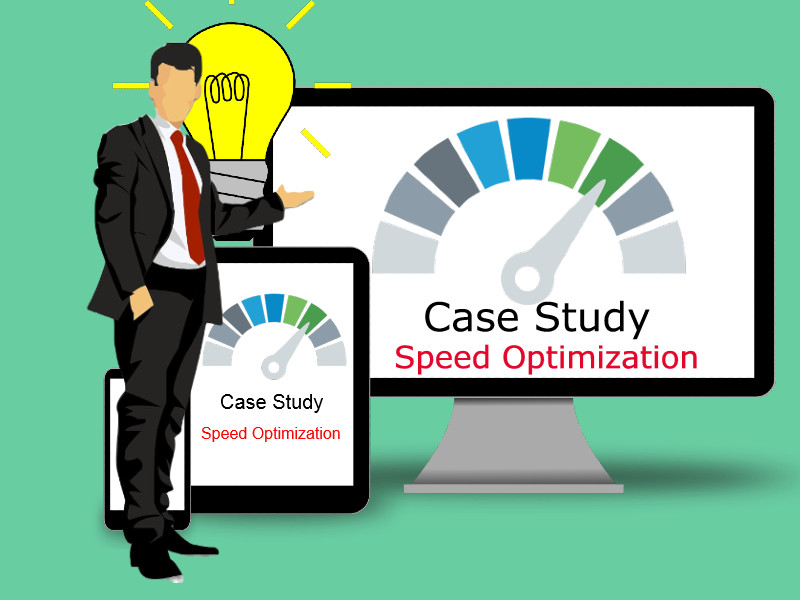Performance Optimisation of a renowned lawyer website

Performance Optimisation of a renowned lawyer website
According to Google, the probability of a user bouncing goes up by:
32% if the site load time is 1-3 seconds
90% if the site load time is 1-5 seconds
106% if the site load time is 1-6 seconds
123% if the site load time is 1-10 seconds
Page speed has always been a crucial part of online presence, and as more companies make the shift to online operations, optimization becomes more important than ever.
Background of the Project
Poorly coded custom PHP website of a renowned Member of Supreme Court Bar Association, Author of 12 books on Labour Law. The clien wasn’t tech savy to understand the technical issues with the website. The website would load 10x slower than any normal website.
Problems with the website
The website speed affected the key factors of website success:
- Conversion – The faster the page loads, the higher conversion rates it’ll have. Due to poor conversion rates it was difficult to get visitors do what they wanted them to do
- Visibility – The website load time influences how easily users can find your website in the search engines. A slow loading website has a poor user experience and as a result gains less visibility in the search results
- Usability – Website usability like website load time, and website responsiveness in all devices directly impacts customer loyalty. The better is your website UI and load time, the more satisfied a user will be.
Solutions for Website Speed Optimization
Proud to say, the client contacted me through search engine, we discussed the issues and solutions for an hour. The next day the website was loading within 3 seconds with a GT metrix page speed test result of 95+ score and Google page speed test of 85+ score.
Few solutions done for better website performance optimization
- Minimize the use of HTML, CSS, and JavaScript – Unwanted extra codes and files make the web page load longer. Decreased the amount of HTML, CSS, and JavaScript for increasing the loading speeds.
- Compress site files – Compressing makes the file size smaller Gzip is a popular data compression program that can assist with compressing site files so that they load more quickly.
- Enable website caching – Website caching temporarily stores data for a web page when a user visits a site for the first time. It saves the data in browser memory does avoidng reloading again.
- Reduce the number of redirects – Redirects are useful tools for directing users to active webpages. But too many redirects makes the website slow.
- Use optimal graphics formatting – Heavy graphics load slowly, which increases overall page load time. Image optimization helps images load with good quality yet low size.
